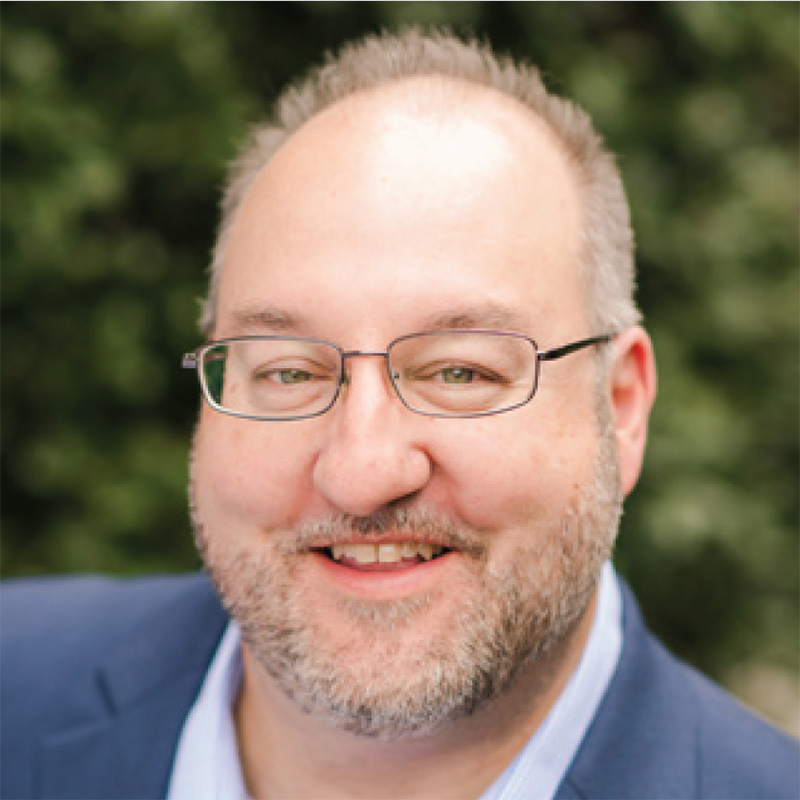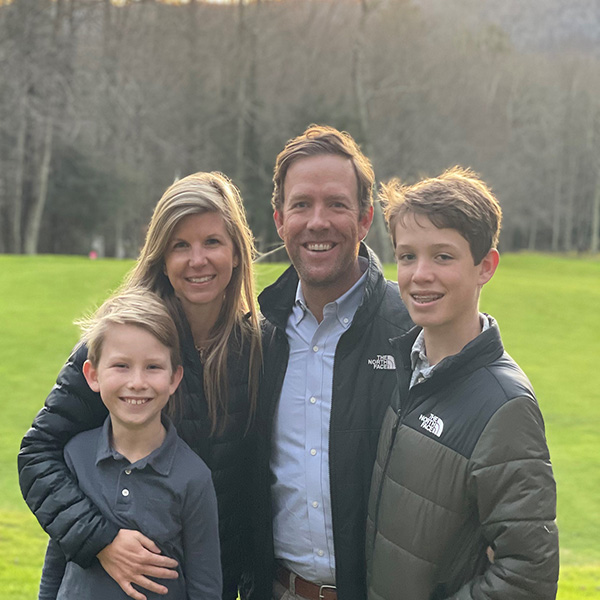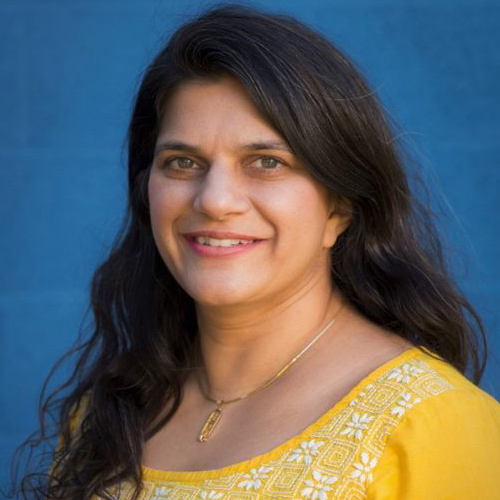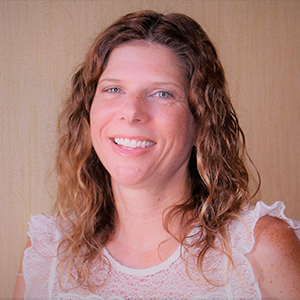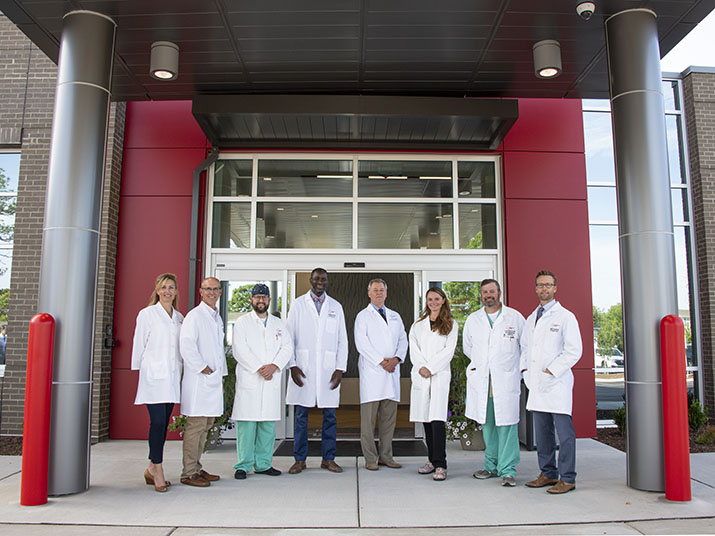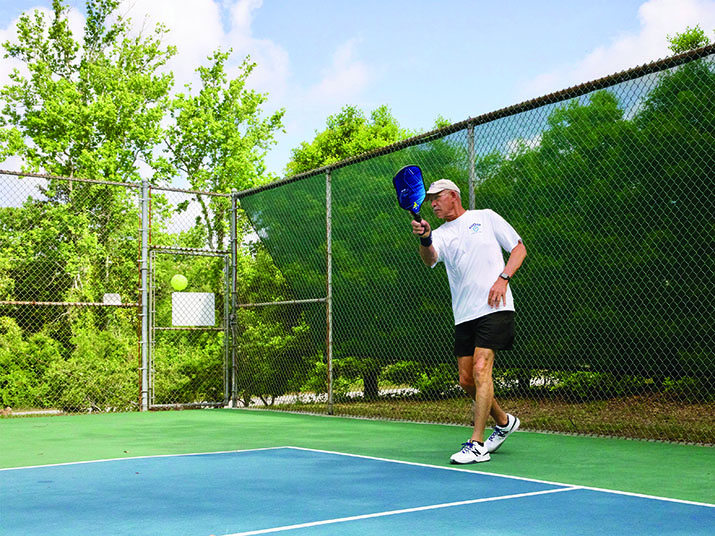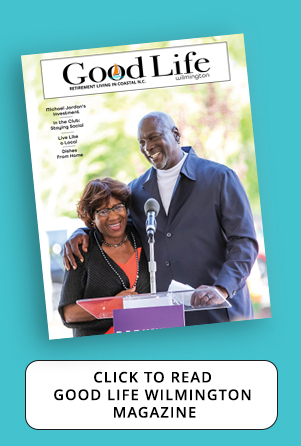Online Video Library Answers Common Questions About Hospice Care
Lower Cape Fear LifeCare (LCFL) recently launched an online video library, LifeCareAnswers.org, to answer the most common questions about hospice care. The videos are a way to help dispel many misconceptions people have about this type of care and encourage them to seek care sooner.
The concept grew from LCFL team members identifying questions families have most often. The ones that run through their mind and keep them up at night when they or a loved one have been diagnosed with a terminal illness: What is hospice care, and can it help? When is it time for hospice care? How do I pay for hospice care? What is the process for getting admitted for hospice care?
The local nonprofit wants to help people understand more about the benefits of hospice care. The agency regularly hears from family after family who’ve received hospice care that they wish they had called sooner. Lower Cape Fear LifeCare hopes that understanding more about the care and support hospice care offers will encourage more people to contact them sooner.
Misconceptions keep people from getting beneficial care and support.
Many believe that hospice care is just for the last few days of life. That’s not true. The disconnect happens because most people don’t seek out or get admitted to hospice until the last days or weeks of life. Therefore, it has become a self-perpetuating misconception.
The Medicare Hospice Benefit allows for months of care. Admission occurs for an initial period. Re-evaluation happens after the initial period, and hospice care continues if they meet the criteria. Medicaid and private insurance also offer hospice benefits.
There are many falsehoods about hospice care that keep people from seeking the care they need and could improve their quality of life by getting on services as soon as they are eligible. Often, people think hospice care is expensive when, in fact, the Medicare Hospice Benefit covers all care, medications, and supplies related to the hospice diagnosis. Care is available for months.
Another big misconception is that hospice stops feeding people – starves them. The fact is that people who are near the end of life don’t need the amount of nutrients they did when they were active. As they near the end of life, their need for food decreases. In fact, forcing nutrients into a body that is beginning the process of dying can cause additional pain and distress.
As the human body starts shutting down, it shuts down systems that are least important to keeping someone alive. So, something like the gastrointestinal system starts shutting down to reserve energy for more major organs such as the heart and lungs. Hospice care teams encourage people to eat whatever they want for as long as they feel like it.
Digestible content provides answers patients and families need.
Short, digestible videos fill the library, each just a few minutes in length. Hospice and palliative care physicians and other hospice professionals discuss how care is paid for, what to expect from the interdisciplinary team, and how to make a referral to receive care.
Part of the agency’s mission is to educate people about this type of care. The nonprofit currently provides speakers to local churches, organizations and groups who want to know more about hospice care and its other services. This new video library will give anyone access to this important information, any time of the day or night.
Library will grow to provide answers people want.
While the library launched with twelve videos, Lower Cape Fear LifeCare will add more over time. Two of the videos talk about when hospice care is appropriate for someone living with a dementia-related illness, as these people are the hardest for which to pinpoint hospice care eligibility.
Lower Cape Fear LifeCare hopes people in its service area will take advantage of this video library to seek answers. Hopefully, if they or a loved one are living with a life-limiting illness, this will help them in deciding to get the care and support they need and deserve sooner in the disease process. This way they can get the most out of their time doing things that are important to them.
Those wishing to view the videos in the library can go to LifeCareAnswers.org. If you have questions about hospice care or other services, contact Lower Cape Fear LifeCare at 800-733-1476, or visit their website, LifeCare.org.



